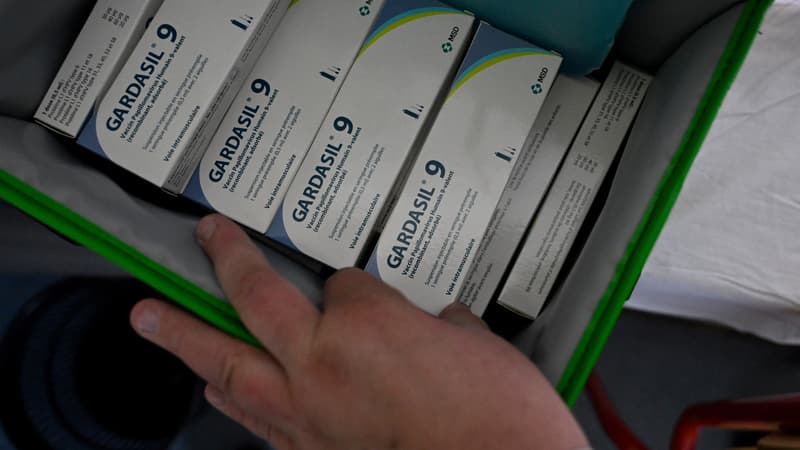So will we be vaccinated against Papillomavirus up to 26 years today? In any case, this is the recommendation of high health authority (ha). The health organization recommends the expansion of the capture of vaccination to all young adults who have not been vaccinated in adolescence between 11 and 14, up to 26 years.
Until now, if the papillomavirus vaccine had not been carried out between 11 and 14 years, the vaccine was recommended and dealt with people aged 15 to 19.
“Insufficient capture –
“We realized that this ignition was insufficient in terms of a time window since very few young children were vaccinated at that time,” Deplora Anne-Claude Crémeux, president of the Technical Commission of Vaccination to High Health Authority.
“We know that there are 3.6 million people between 19 and 24 who did not have access to this vaccination when they were teenagers,” he said in BFMTV.
“And these people are at a time of their lives in which they are exposed to a very significant risk, since it is estimated that the risk of infection is maximum between 20 and 24 years,” alerts about our antenna.
Vaccination figures below the objectives
Papillomavirus protection is optimal when the vaccine is administered as soon as possible. This is the reason why the health authorities remember that “priority remains the continuation of the improvement of vaccination coverage against HPV in the target population, namely, adolescents, girls and boys, from 11 to 14 years.
“The essential recommendation remains the vaccine during adolescence, but we have demonstrated, according to studies that even after 19 years, there is a certain efficiency,” reassures Anne-Claude Crémeux. The latter recalls that, for patients under 15, vaccination coverage is completed with two spaced doses of 5 to 13 months. For patients over 15 years, the HA “continues to recommend three doses.”
In 2024, 58.4% of girls of 15 and 36.9% of boys had received a first dose of vaccine, figures within the objective of vaccination coverage of 80% by 2030. “Vaccination campaigns in the university could make it possible to improve these coverage,” according to the Health Directorate. Emmanuel Macron announced in early 2023 the implementation of a Free “generalized” vaccination campaign In universities, for fifth grade students, to eradicate papilloma.
Each year, these infections are at the origin of approximately 100,000 cases of anorial condylomas, 35,000 precancerous lesions and 6,400 cases of cancers, almost half of which are cancers of the cervix. In 2023, 3,159 new cases of cervical cancer were diagnosed and 1,100 deaths were identified.
Source: BFM TV


